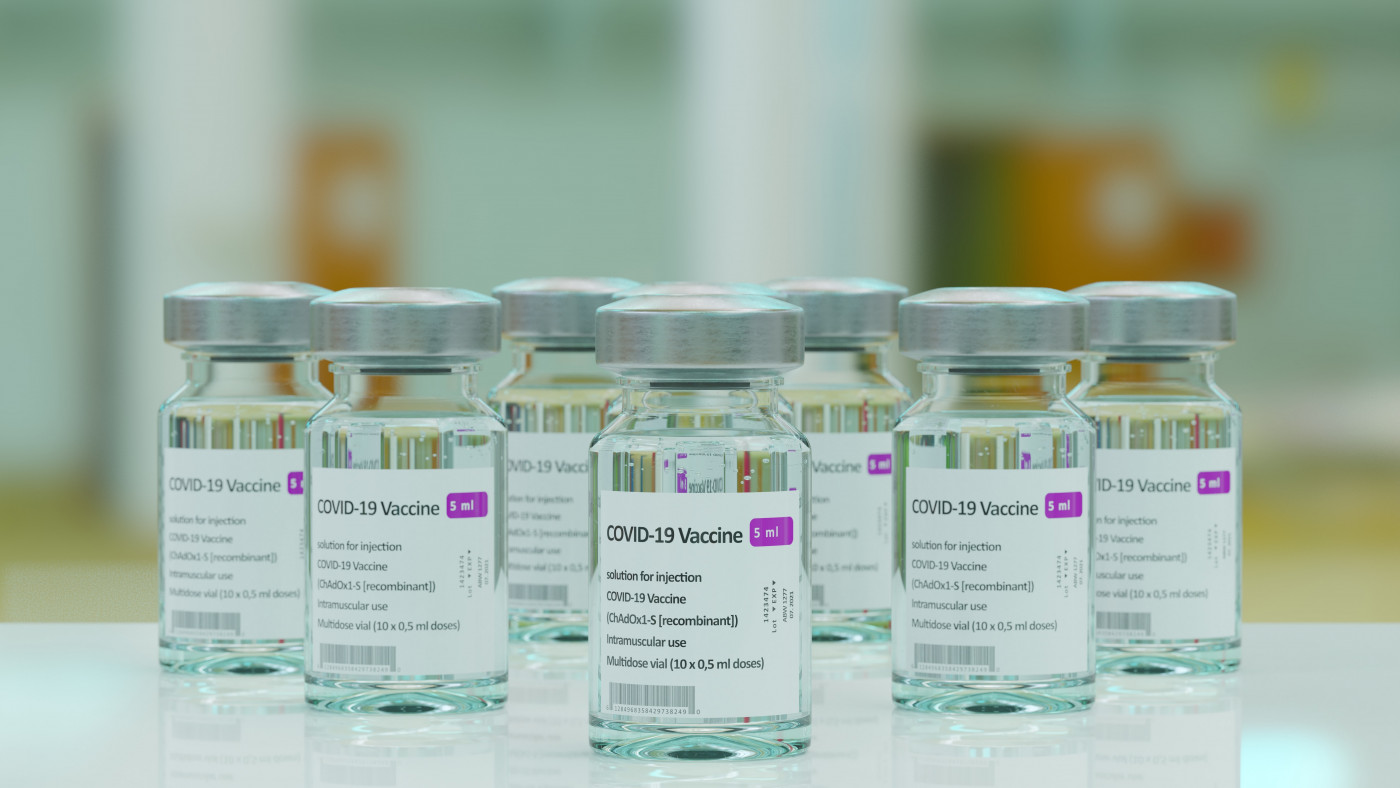AstraZeneca’s COVID-19 Vaccine Safe for MS Patients, Small Study Suggests
Written by |

AstraZeneca’s COVID-19 vaccine (Photo by Braňo on Unsplash)
AstraZeneca’s COVID-19 vaccine appears to be reasonably safe for people with multiple sclerosis (MS), according to a small study of its use in the U.K.
Vaccine side effects were in line with those experienced by the general population, its researchers said, such as flu-like symptoms and sore arms.
The study, “Experience with the COVID-19 AstraZeneca vaccination in people with multiple sclerosis,” was published in the journal Multiple Sclerosis and Related Disorders.
Despite being encouraged to get vaccinated against COVID-19, some MS patients worry about side effects — especially those using disease-modifying therapies.
This is particularly true for the AstraZeneca vaccine, whose rollout has faced with some hurdles, including the report of rare, unusual blood clots. The vaccine, made in partnership with Oxford University, is not approved for use in the U.S. by the Food and Drug Administration (FDA).
To get a grasp of the experience of MS patients with COVID-19 vaccines, researchers sent a brief questionnaire to 570 users of the MS service at Barts Health NHS Trust in London, where the majority received the AstraZeneca vaccine. The questionnaire, sent between Jan. 25 and March 24, 2021, focused on symptoms in the days following a vaccine shot.
A total of 33 people, 19 women and 14 men with a mean age of 50 (range, 25 to 76), filled in and returned the email questionnaire. Nineteen had relapsing-remitting MS, five had primary progressive MS, and nine had secondary progressive MS. Their mean disease duration was 15 years, ranging from two to 38 years.
Fifteen patients were on Ocrevus (ocrelizumab) and had received the last infusion three to 15 months prior to the vaccine shot. Eight patients had been treated with Mavenclad (cladribine) three to 23 months before vaccination. One patient had received Tysabri (natalizumab) one week before vaccination, one had received Kesimpta (ofatumumab) two weeks before vaccination, and another patient had used rituximab (marketed as Rituxan in the U.S. and MabThera in Europe) six months before vaccination. Two other patients were on Tecfidera (dimethyl fumarate), and the remaining five were not using any disease-modifying therapy.
Of these 33 people, 29 received the AstraZeneca vaccine and four were given the Pfizer–BioNTech vaccine.
Almost all patients (94%) reported at least one of the symptoms listed in the questionnaire: a sore arm (70%), flu-like symptoms (64%), and fever (21%).
Other symptoms reported in a free-text field were fatigue (27%), headache (21%), fever/chills (12%), joint pain/muscle ache (9%), nausea (9%), and swelling at the injection site (6%).
Worsening of neurological symptoms, disturbed sleep, facial numbness, urinary tract infection, odd smell/lack of taste, and an oral cold sore were each reported by one patient.
For most, more than two-thirds of these patients, symptoms did not last longer than 48 hours (two days). And in general, symptoms resolved within seven days. The two exceptions were one sore arm (lasting 10 days), and one swelling at the injection site (lasting 12 days).
Despite the controversy surrounding the AstraZeneca vaccine, “our results, albeit preliminary, seem reassuring in that adverse events were consistent with those experienced in the general population,” the researchers wrote.
“Vaccination is a relatively safe intervention that should be encouraged,” the team concluded, noting that they “will continue to collect questionnaires, also covering the second vaccination dose. A larger number of MS [patients] will provide granularity about potential variations in vaccine response based on the type of DMT, and … responses to vaccination.”


